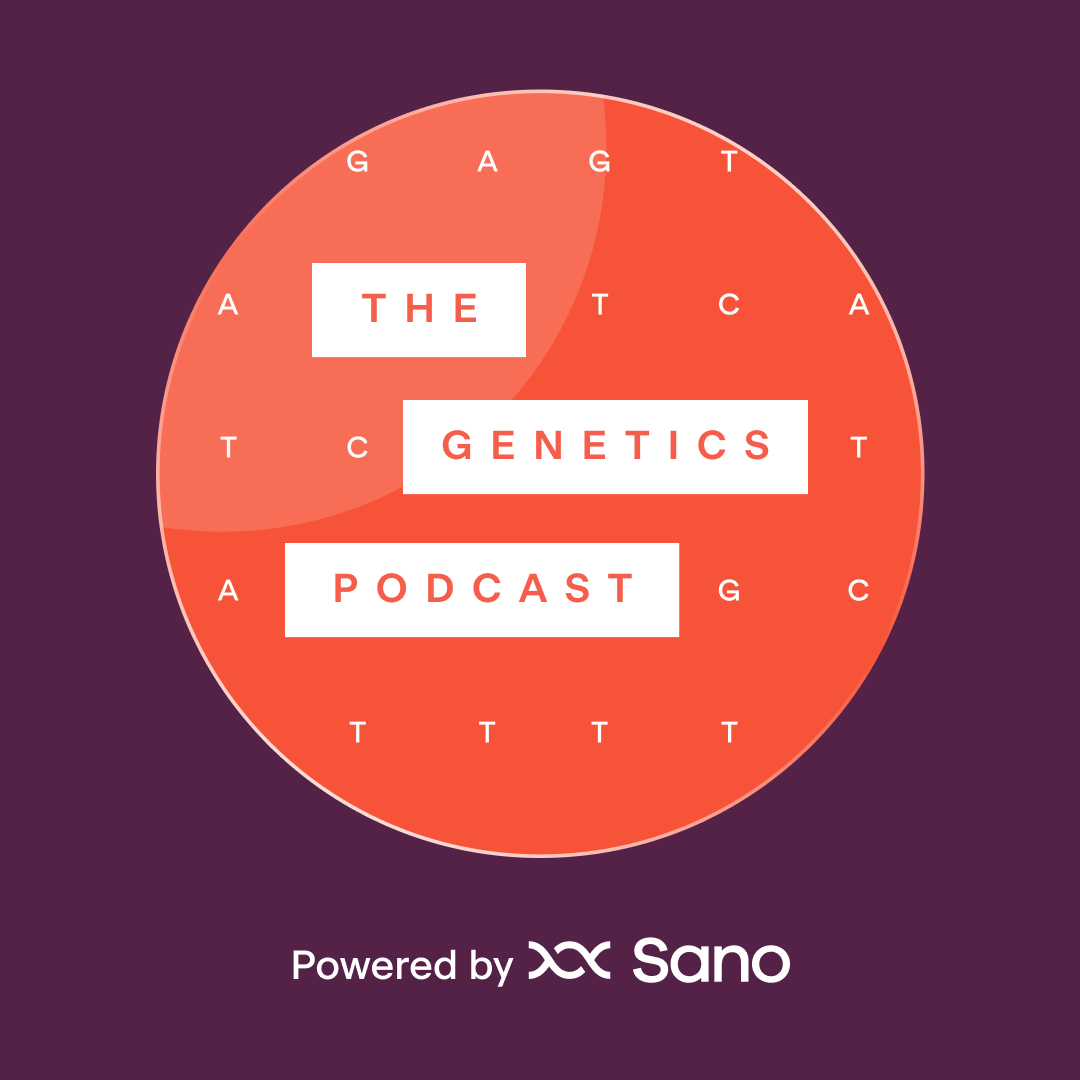EP105: Warren Huff, CEO and Chairman of Reata Pharmaceuticals, shares perspectives on provocative biology and the development of treatments for rare diseases
August 17, 2023

In this episode, Patrick welcomes J. Warren Huff, CEO and Chairman of Reata Pharmaceuticals. Reata is known for innovating small-molecule therapies for severe and life-threatening diseases. Listen in as Warren walks us through their approach of partnering with Universities to find scientific discoveries that could become the next generation of therapies, and Reata’s recent success developing a groundbreaking new treatment for Friedreich’s Ataxia (FA), thanks to close collaboration with patient organizations and novel use of natural history data to accelerate their clinical development.
0:00 The beginnings of Reata
2:40 Partnering with universities for breakthroughs in research
5:30 Implications of cancer prevention research on chronic diseases
11:40 Potential concerns in medical ethics and Big Pharma when developing groundbreaking treatments
13:20 Research on NRF2 and its role in treating Friedreich’s Ataxia, a genetic mitochondrial disease that leads to motor neuron decline
18:00 What is a natural history study, and how was it used in Reata’s FA clinical development?
22:50 The potential for clinical grade wearable devices
23:35 Determining clinical endpoints in clinical trials
26:00 The FDA’s approval process for rare disease treatments
32:40 Potential for expanding newborn screening programs
36:00 The generalizability of NRF2-based research to other inflammatory diseases and diseases related to mitochondrial malfunction
39:40 What is Type 3 Diabetes?
40:30 Warren’s career start as a lawyer and his journey to biotech
43:00 Searching for provocative biology
46:20 Major targets for the HSP program
48:30 Closing remarks and lessons in resiliency
In this episode, Patrick welcomes J. Warren Huff, CEO and Chairman of Reata Pharmaceuticals. Reata is known for innovating small-molecule therapies for severe and life-threatening diseases. Listen in as Warren walks us through their approach of partnering with Universities to find scientific discoveries that could become the next generation of therapies, and Reata’s recent success developing a groundbreaking new treatment for Friedreich’s Ataxia (FA), thanks to close collaboration with patient organizations and novel use of natural history data to accelerate their clinical development.
0:00 The beginnings of Reata
2:40 Partnering with universities for breakthroughs in research
5:30 Implications of cancer prevention research on chronic diseases
11:40 Potential concerns in medical ethics and Big Pharma when developing groundbreaking treatments
13:20 Research on NRF2 and its role in treating Friedreich’s Ataxia, a genetic mitochondrial disease that leads to motor neuron decline
18:00 What is a natural history study, and how was it used in Reata’s FA clinical development?
22:50 The potential for clinical grade wearable devices
23:35 Determining clinical endpoints in clinical trials
26:00 The FDA’s approval process for rare disease treatments
32:40 Potential for expanding newborn screening programs
36:00 The generalizability of NRF2-based research to other inflammatory diseases and diseases related to mitochondrial malfunction
39:40 What is Type 3 Diabetes?
40:30 Warren’s career start as a lawyer and his journey to biotech
43:00 Searching for provocative biology
46:20 Major targets for the HSP program
48:30 Closing remarks and lessons in resiliency